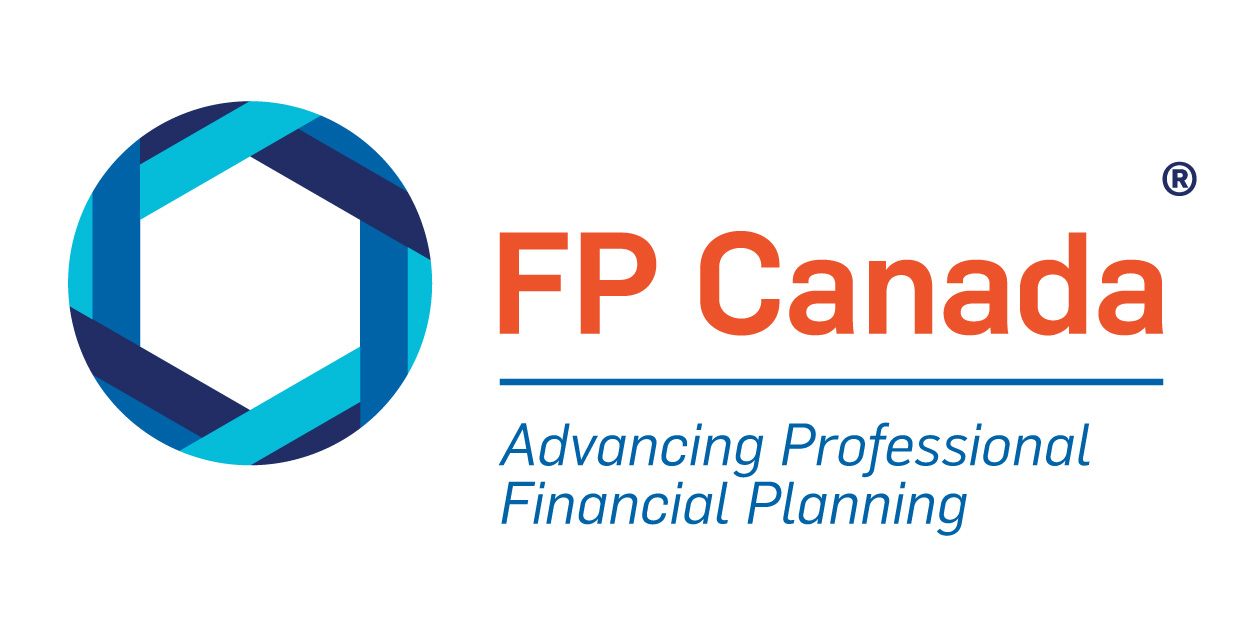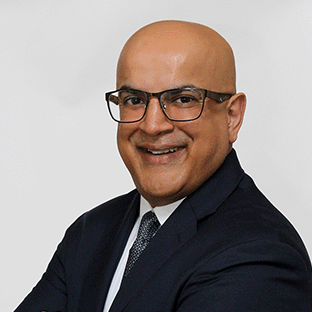For most business owners, planning and strategizing are second nature. But it's important to remember that using a disciplined approach to creating and executing a plan is the key to thriving in challenging times. That’s where working with a professional financial planner comes in.
What is Financial Resilience?
Traditionally, the term “resilience” has referred to the ability to weather life’s storms and setbacks. For business owners, financial resilience is the ability to bounce back from events that impact our personal finances.
Our investments, income, and assets can be significantly affected by the death of a spouse or loved one, as well as other big life changes such as divorce, disability, health issues, and unemployment. External events, such as economic fallout from a pandemic, a natural disaster, or economic recession, can also take a toll.
Resilience is about how well we can absorb, respond to, and adjust to these financial shocks.
Three Things a Financial Planner Can Help You Consider

 Find Your Financial Planner
Find Your Financial Planner



